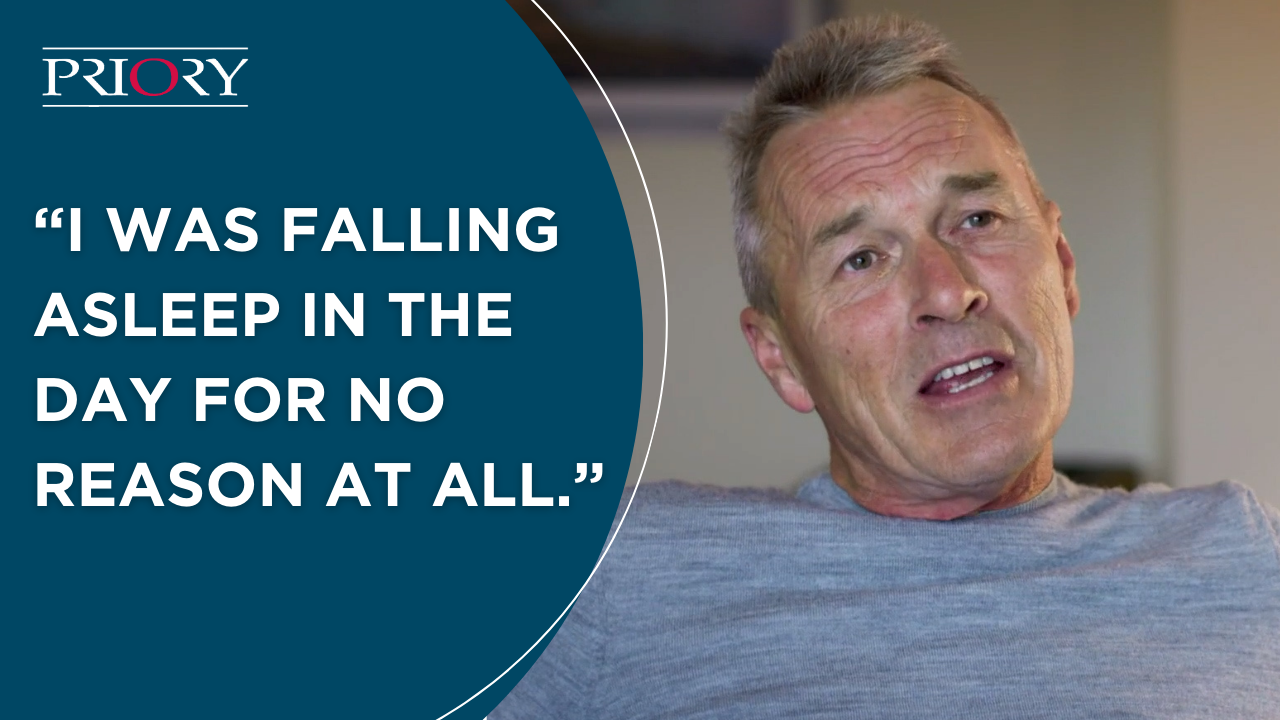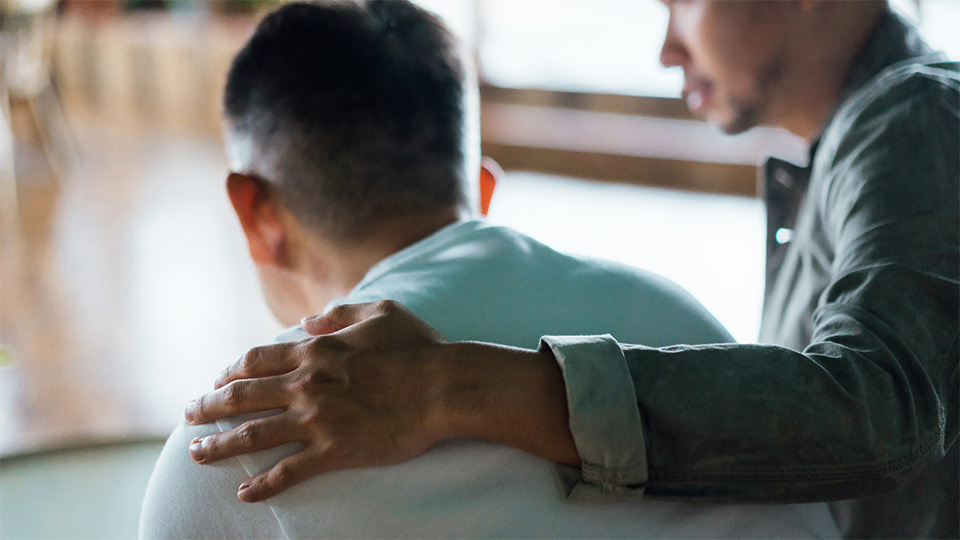Psychotic depression symptoms

Essentially, someone who's psychotic is defined as being out of touch with reality. With psychotic depression, this break with reality is also accompanied by the main signs of depression.
Symptoms that are most commonly associated with psychotic depression include:
- Hallucinations (seeing or hearing things that aren’t real)
- Delusions (believing things that aren’t true)
- Disordered and disorganised thinking
- Paranoia
Alongside these, people with psychotic depression may also experience many of the core symptoms of depression such as:
- Feelings of sadness and hopelessness
- Anxiety
- Agitation
- Getting angry over small matters
- Insomnia and other sleep disturbances
- Changes in appetite, resulting in weight changes
- Feeling guilty
- Difficulty concentrating
- Neglecting your appearance and personal hygiene
- Losing interest in activities you used to enjoy
- Low energy
The hallucinations and delusions that people experience as part of psychotic depression often centre around some of the key themes and emotions of depression. These can include feelings of intense worthlessness, hopelessness, guilt, and feeling like a failure. For example, hallucinations may involve the person hearing a voice telling them they’re a failure or that no-one cares about them. Delusions may involve the person holding strong beliefs that they’re worthless and failing at life, despite evidence to the contrary.
The hallucinations and delusions that people experience in psychotic depression can lead them to feel as though they’re a burden, and that their family and loved ones will be better off without them. This thinking can be powerful and very dangerous and, as outlined earlier, can lead to some people having suicidal thoughts or intentions.
In addition, some new mothers experience psychotic depression and begin to have hallucinations and delusions that centre on their new baby. These can involve things like believing their baby will be harmed. In a similar way to postnatal depression, postnatal psychotic depression is completely treatable and we can support with this.












